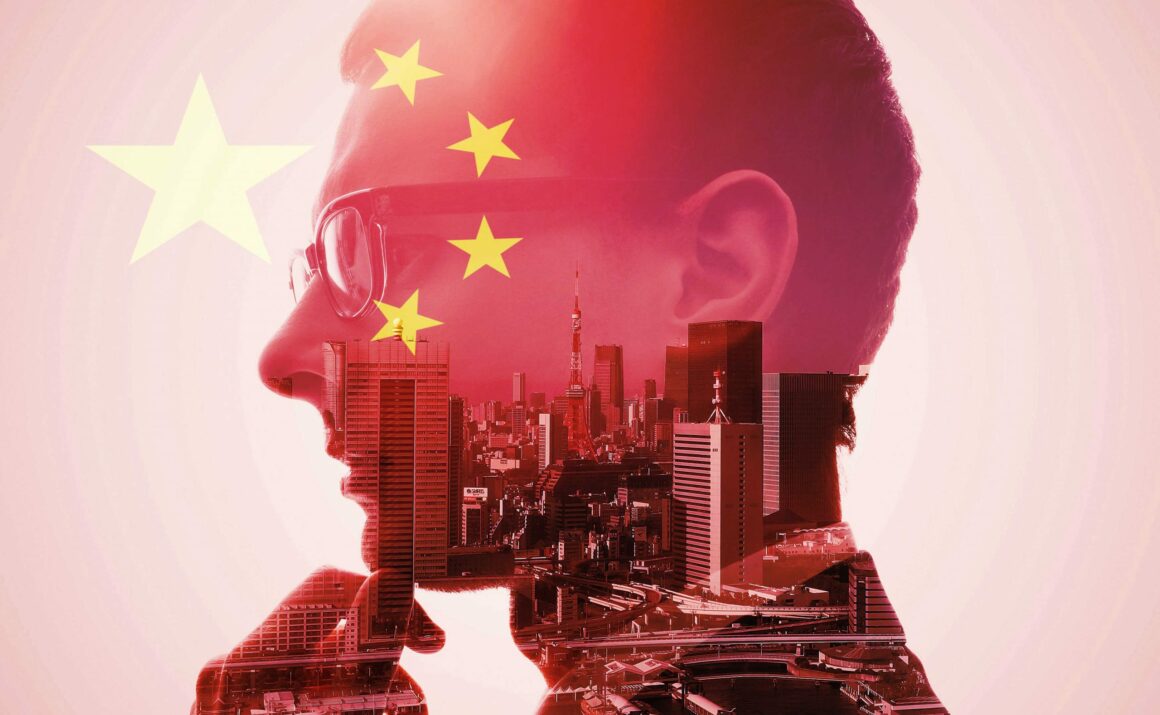|
|
EUROPEAN COMPANIES CUT BACK OPERATIONS IN CHINA
European businesses are having to “reduce, localize, and silo” their work in China because of the country’s deteriorating climate for investment, according to a glum report from the European Union (EU) Chamber of Commerce in China.
The report—the group’s “most dark” since its founding in 2000, Chamber president Joerg Wuttke said—blamed Beijing’s broad regulatory crackdowns on the finance and tech industries and president Xi Jinping’s drastic anti-COVID policy of severe, vast, rolling lockdowns.
The lockdowns often have made it impossible for executives to visit their Chinese plants and many European executives have left the country in frustration with its policies, the Financial Times reported.
No European businesses have opened new operations in China since the COVID virus arrived there at the end of 2019, according to the FT.
China’s support for Russia after Russia invaded Ukraine also made China less attractive as corporate leaders began to contemplate the prospect of China invading Taiwan and the economic turmoil that would result.
In an April survey by the chamber, a third of respondents said Russia’s attack on Ukraine made China a less comfortable place to be.
For similar reasons, European companies working in China face a mounting public relations problem at home.
“Ideology trumps the economy,” Wuttke complained in a statement accompanying the study. “Predictability has been challenged by frequent and erratic policy shifts, especially when it comes to COVID.
“European firms’ engagement [in China] can no longer be taken for granted,” he warned. “China’s allure as an investment destination” is waning and the EU and China “are drifting further and further apart,” he added.
Also, negotiations over a new trade treaty between Europe and China have stalled and Europe has levied sanctions on some Chinese products in protest of China’s treatment of its Uyghur Muslim minority in Xinjiang province.
TREND FORECAST: The world is splitting between East and West. On the geopolitical side, China is teaming up with Russia, drifting away from Europe and trending toward conflict with the United States as a result of its demands that Taiwan at some point must come under the rule of Beijing.
The long term trend, as we have long forecast, is for China to do more business across the globe, especially in Asia, Africa, and South America, while becoming more of a self-sufficient economy. (See “SELF-SUFFICIENT ECONOMY,” 30 Nov 2021.)

